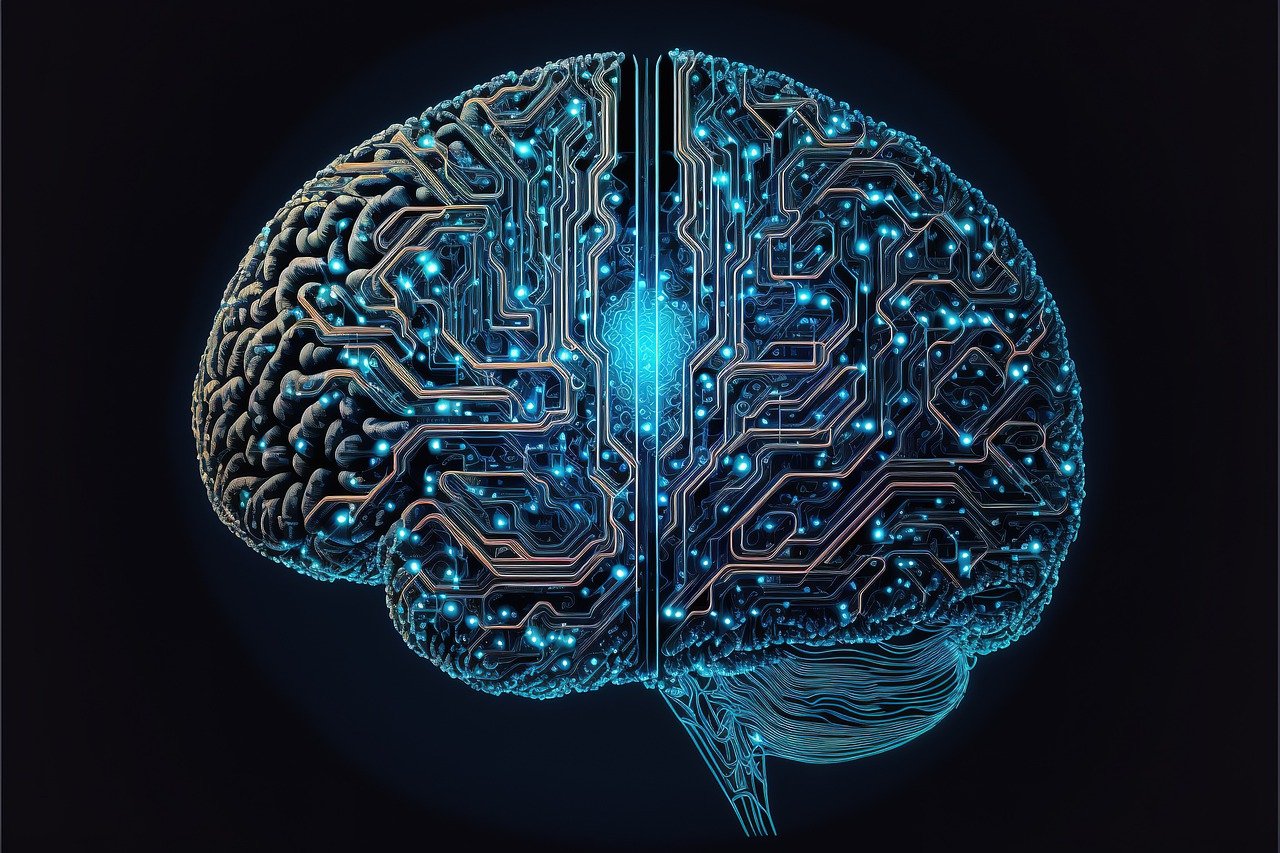Science/Tech
Brain's Memory Capacity Exceeds Previous Estimates Tenfold

brain memory capacity | (Photo : Image by Kohji Asakawa from Pixabay)
The brain's ability to store and process information may far exceed previous estimates, according to a recent study. Published findings confirm that the brain could potentially hold almost ten times more data than previously hypothesized.
Traditionally likened to computer systems, the brain's memory capacity is quantified in "bits," contingent upon the strength and quantity of synapses, the connections between neurons. Until recently, it was commonly believed that synapses had a limited range of sizes and strengths, which consequently capped the brain's storage capabilities. However, recent research, including the current study, challenges this assumption, suggesting that the brain's potential storage capacity is vastly greater.
Utilizing a precise method, researchers investigated the strength of synaptic connections within a segment of a rat's brain, a crucial component of memory and learning processes. By discerning the mechanisms of synaptic strengthening and weakening, scientists were able to more accurately gauge the amount of information these connections could retain. This breakthrough not only enhances comprehension of learning but also offers insights into age-related cognitive decline and neurological disorders affecting synaptic connectivity.
Dr. Jai Yu, an assistant professor of neurophysiology at the University of Chicago, emphasized the significance of estimating the brain's information processing capabilities, describing it as a crucial step toward understanding its ability to execute intricate computations.
"These approaches get at the heart of the information processing capacity of neural circuits," Jai Yu told Live Science in an email. "Being able to estimate how much information can potentially be represented is an important step towards understanding the capacity of the brain to perform complex computations."
The human brain contains over 100 trillion synapses, facilitating the transmission of information across the neural network. As individuals learn, specific synapses intensify their transmission, allowing for the retention of new information. However, aging and neurological conditions such as Alzheimer's disease can lead to decreased synaptic activity, impairing cognitive function and memory retrieval.
Synaptic strength and plasticity, essential factors in memory formation, have historically been challenging to measure accurately. The study's utilization of information theory, a mathematical framework, enabled researchers to quantify synaptic information storage while considering background noise within the brain.
The analysis, conducted on synapse pairs in the rat hippocampus, a region crucial for learning and memory, indicated that synapses can store between 4.1 and 4.6 bits of information, significantly surpassing previous estimations. Though these findings offer valuable insights, further research is necessary to understand the brain's information storage capacity comprehensively.








Join the Conversation